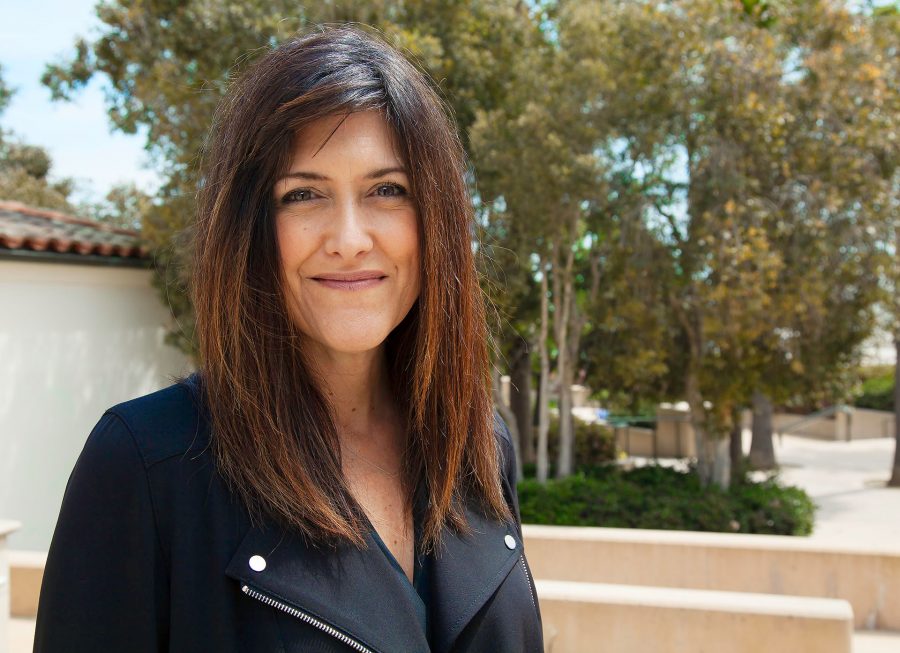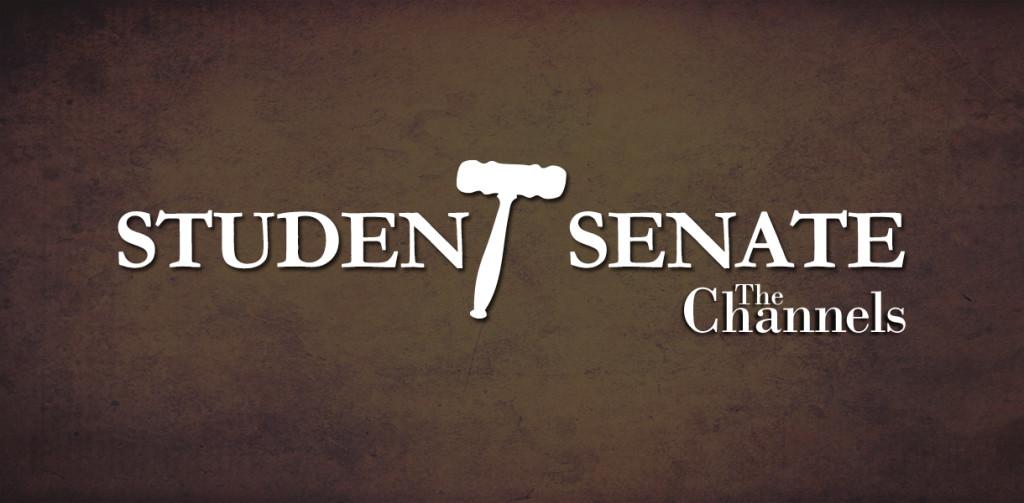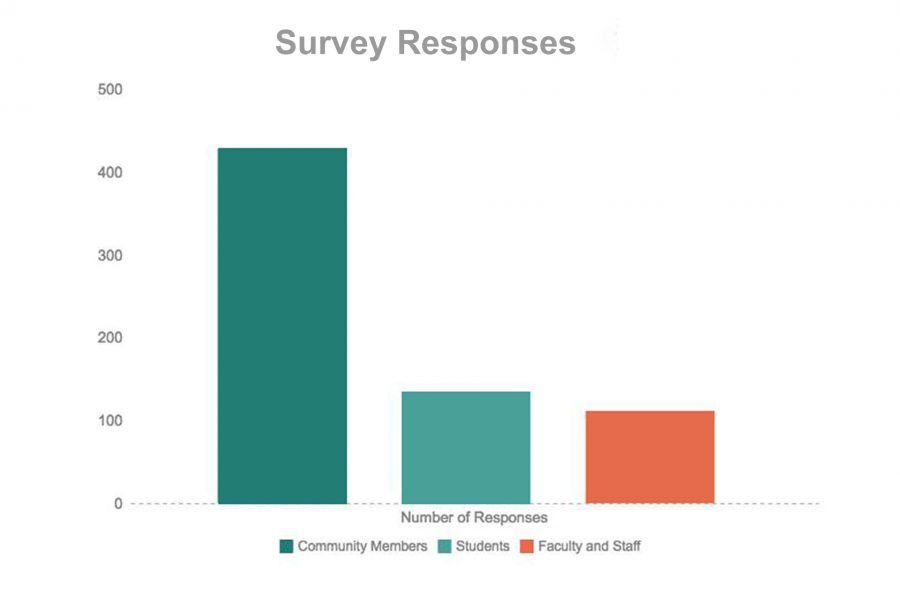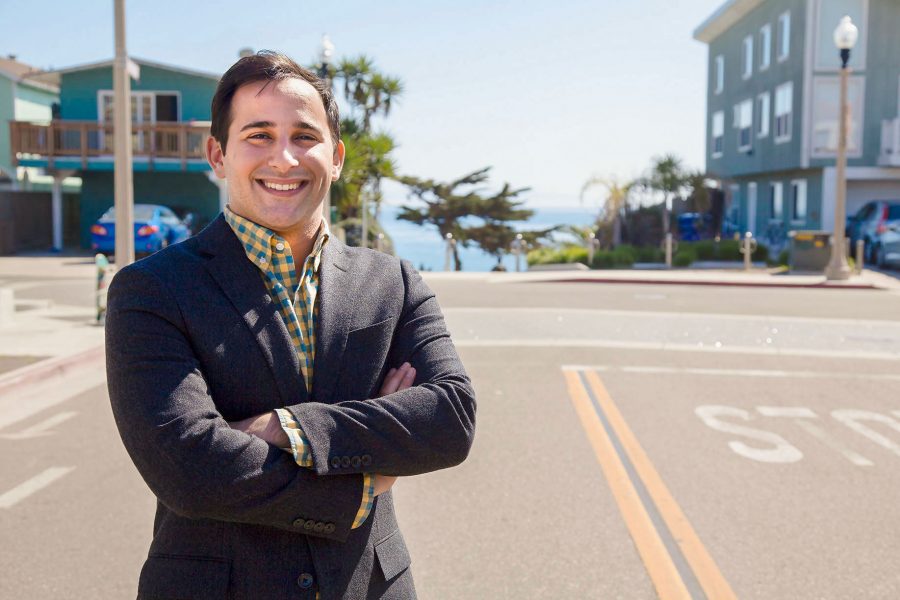The current leader of a college with student demographics widely unlike City College’s, promises that nobody will work harder than him if appointed as president.
Dr. Willard Lewallen of West Hills College in Coalinga, Calif., was first out of three finalists to introduce him at a forum running 9 a.m. to 12:30 p.m., on April 19, in the Garvin Theatre.
“[The Central Valley] is the most under-served and the most economically depressed area of California,” Lewallen said. “The average family income for the region where we serve specifically is about $17,000 a year.”
West Hills College had 1,232 full time credit students in fall 2011, according to California Community Colleges Chancellor’s Office’s website. A majority—close to 50 percent—of the students is Hispanic.
He said he’s not an expert on City College, but that he has done “homework and research” and identified a few issues he’s found to be the most critical; English preparedness for new students, City College’s accreditation warning, lack of success rates in the Hispanic population, and the smaller success rate of online students compared to in-class students.
In dealing with workload reduction to meet necessary budget cuts, Lewallen said West Hills College in Coalinga has:
- Reduced 30 percent of their class sections over the last several years
- Called a “hire of chill,” but says there have been instances where “you just have to fill the position, or else the whole thing blows away potentially”
- Used furlough days—mandatory and unpaid days off for faculty—two years ago, while many other colleges just recently started to implement those
“There is not one solution for any of what we are facing,” he said.
His reaction to the warning that City College was issued by the Accrediting Commission was “the sky is not falling.”
“And? So what?” Lewallen said.
He said his phone has been ringing and emails has been coming in from colleagues since the word got out that he is a candidate for the college that was recently put on accreditation warning.
“We all have accreditation recommendations,” he said. “It’s nothing new; nothing unusual.”
He said he would resolve the issues specifically related to the board, by doubling the amount of study sessions. However, on other recommendations he said it wouldn’t make any sense working with the board but rather with the staff and the college.
Lewallen said students are as important to him as customers are to Apple. He said he attends student meetings regularly and he invites and encourages them to partake at faculty meetings, but that “they don’t always come.”
“The important thing is that they have a place by the table,” he said, but added, “Their first job is to be a student—not attending committee meetings.”
Lewallen, 55, said he has worked 33 years within higher education. “I know I don’t look that old, but I am.”
He believes stability in personal life is an essential thing in a position like a college president. “On June 5 of this year, my wife and I will be celebrating our 30th wedding anniversary.”
He said that faculty and administrators have the second most important job in the world as educators—first being a parent.
“I don’t make campaign promises,” he said. “But, no one will work harder for this institution, that I can guarantee.”











